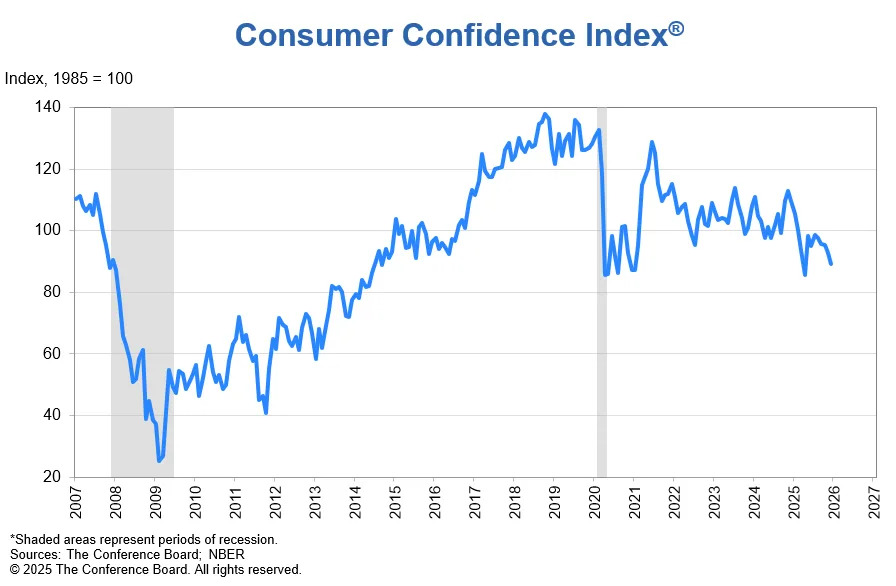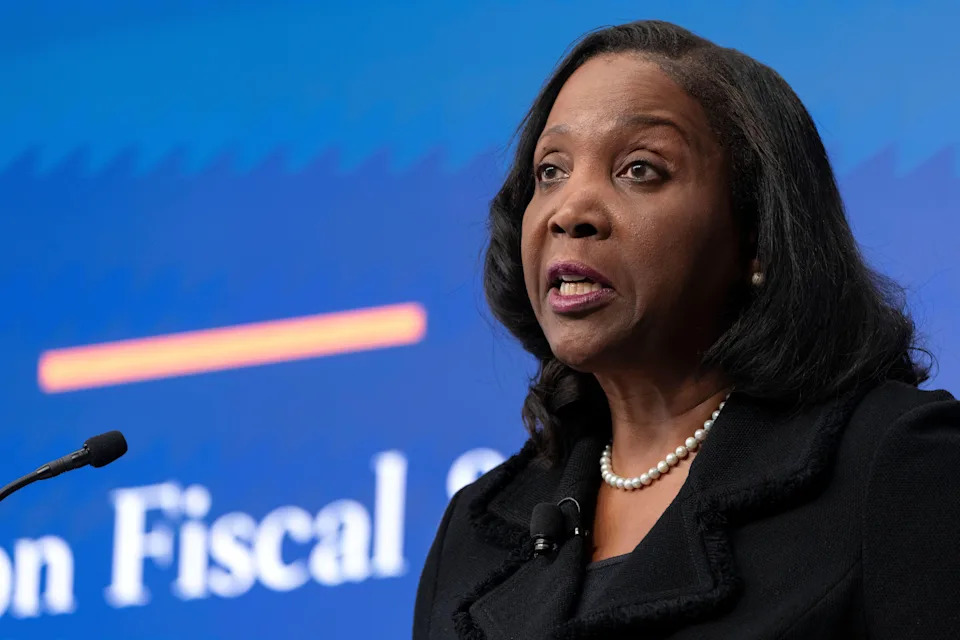
1 Reason to Buy Visa (V)
Key Points
- Visa Dominance: Visa is a leading force in the financial services industry, processing 233.8 billion transactions worth $15.7 trillion in fiscal 2024, with 4.8 billion active cards accepted at 150 million merchants globally.**
- Network Effect: The company benefits from a powerful network effect, where increased merchant acceptance enhances card value, and more cardholders drive merchant sales, solidifying Visa's competitive position.**
- Stablecoin Threat: Despite legislative changes like the Genius Act, stablecoins face significant challenges in disrupting Visa's business model due to consumer loyalty to credit card perks and Visa's entrenched economic presence.**
Summary
Visa (NYSE: V) stands as a titan in the financial services sector, operating a premier payments platform that links consumers, banks, and merchants worldwide. In fiscal 2024, it handled 233.8 billion transactions valued at $15.7 trillion, boasting 4.8 billion active cards accepted at 150 million merchant locations. This unmatched scale, coupled with a robust network effect, fortifies Visa's competitive edge—more merchants accepting Visa increases card value, while more cardholders boost merchant opportunities. Despite trading near all-time highs, Visa remains a compelling investment, even finding a place in Warren Buffett's Berkshire Hathaway portfolio. While stablecoins, supported by legislation like the Genius Act, pose a potential threat by offering lower processing costs, Visa's deep-rooted relationships with financial institutions and consumer preference for credit card rewards make disruption unlikely in the near term. The company’s entrenched position suggests it will continue to dominate the payments landscape, making it a stock worth considering for long-term investors seeking stability and growth in a high-quality business.
The Motley Fool
July 26, 2025
Crypto


